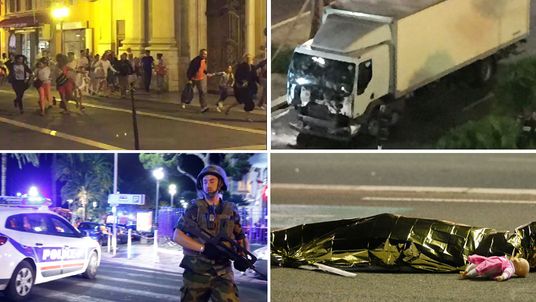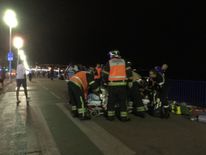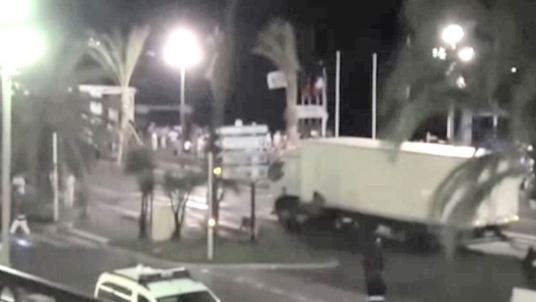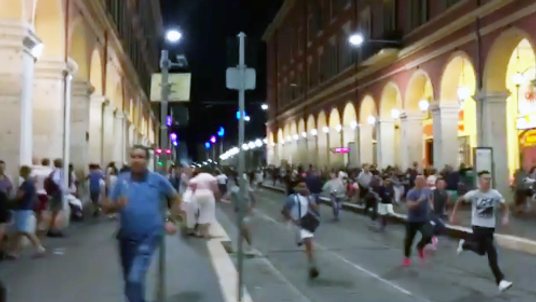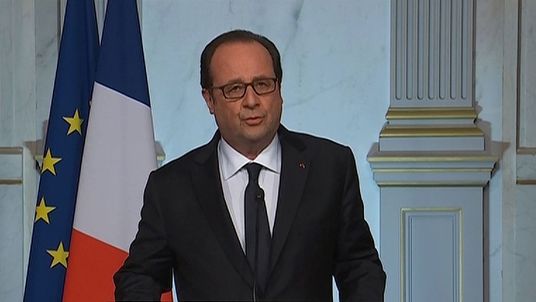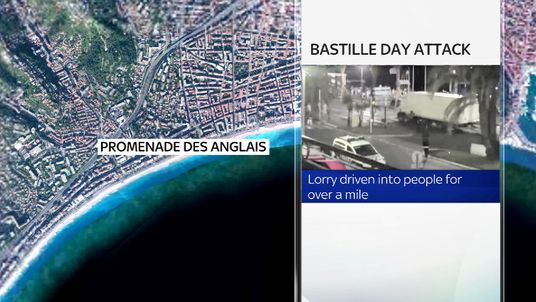Democratic presidential candidate Hillary Clinton and Sen. Tim Kaine, D-Va., participate in a rally at Northern Virginia Community College in Annandale, Virginia, July 14, 2016.
Democratic presidential candidate Hillary Clinton has named Virginia Senator Tim Kaine as her vice presidential running mate.
Kaine is a veteran Democratic politician who describes himself as "boring." He also is a moderate who has the potential to attract voters repelled by Donald Trump and those who may have a hard time fully embracing Clinton.
"He's never lost an election. He was a world-class mayor, governor and senator and is one of the most highly respected senators I know," Clinton told CBS news.
Kaine wrote in a Twitter message that he was honored to have been chosen and that he "can't wait to hit the [campaign] trail" Saturday in Miami. He is expected to appear with Clinton at a University of Miami rally.
Kaine, 58, was born in Minnesota and is a Harvard-educated lawyer. Harvard is the same law school that turned out President Barack Obama.
But Kaine took a year off from Harvard to work as a Catholic missionary and teacher in Honduras.
According to his biography, Kaine observed poverty up close up in Central America and saw what it can do to the human spirit. His time there is said to have helped form his support for citizenship for undocumented immigrants in the United States — a stance likely to attract Latino voters.
Kaine began his political career as a city councilman in Richmond, Virginia, in 1994. He then was voted the city's mayor, was elected lieutenant governor for the state of Virginia in 2002, and assumed the governorship in 2006.
WATCH: Clinton Taps Virginia's Kaine as Running Mate
Before his election to the U.S. Senate in 2012, Kaine was chairman of the Democratic National Committee.
He has strong foreign policy credentials, not only stemming from his time in Honduras but also from his membership on the Senate Foreign Relations and Armed Services committees.
Kaine is a Catholic and says he personally opposes abortion, but does support a woman's right to choose.
He backs the Trans-Pacific Partnership trade deal, which both liberals and conservatives have decried.
Kaine's vice presidential candidacy may disappoint some progressive Democrats. Some had hoped that after Bernie Sanders' pro-socialist policy speeches during the campaign attracted wide support, Clinton would choose a more liberal candidate.
Before her announcement of Kaine as her running mate, Clinton made a rousing campaign appearance in Tampa, Florida. She said Donald Trump offers fear, anger and resentment but no solutions to America's problems.
Clinton called the speeches at the Republican convention this week "scary," and in a preview of what could be her 2016 campaign slogan, Clinton told the crowd that "love trumps hate."
The Democrats hold their convention in Philadelphia starting Monda
y
y

